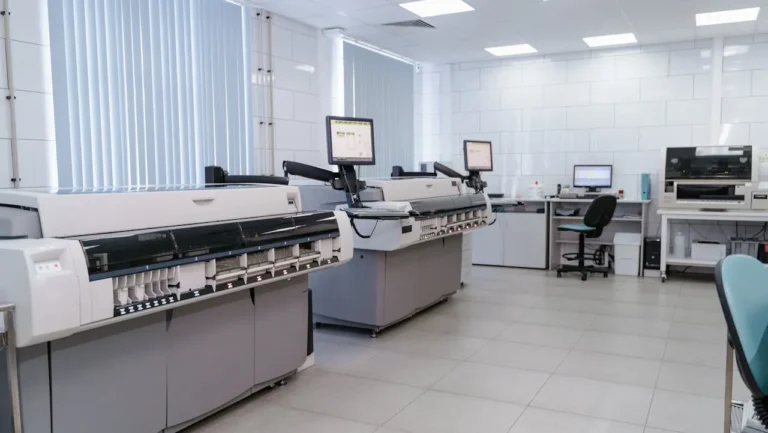
Kioxia Corporation, a global leader in memory solutions, will demonstrate the advantages of its KIOXIA XD Series SSD featuring Flexible Data Placement (FDP) functionality running the RocksDB database at the 2024 OCP Global Summit, scheduled for October 15-17 in San Jose, USA. The RocksDB database is renowned for its high-performance data searches and historical data management, making it a popular choice for generative AI and cloud applications.
FDP is a feature outlined in the NVM Express™ base specification (TP4161) that enables flexible control over data placement within an SSD. By effectively managing how data is organized on the SSD while minimizing the need for changes to host software and device drivers, FDP optimization can significantly enhance performance and extend the SSD’s lifespan.
Typically, SSDs follow commands from host software and device drivers for data storage and erasure. Over time, repeated processes may lead to data reallocation within the SSD, which can result in slower access speeds and excessive consumption of flash memory write cycles—particularly when data reallocation is frequent. Utilizing FDP helps reduce the risk of unnecessary data reallocation, thereby maximizing both performance and longevity of the SSD.
At the OCP Global Summit, Kioxia will showcase the FDP capabilities of its XD Series Data Center NVMe™ SSD alongside a Kioxia-developed plugin designed to enable FDP functionality in conjunction with RocksDB. Extensive testing has demonstrated that an FDP-enabled system can deliver nearly three times the lifespan improvement and approximately 1.8 times the performance for RocksDB applications compared to traditional systems using conventional SSDs and file systems.
These advancements will be highlighted through a live demonstration at the Kioxia booth (A7) during the summit. Additionally, Kioxia plans to release the RocksDB FDP compatibility plugin as an open-source contribution. Committed to advancing the effective utilization of SSDs and flash memory, Kioxia aims to enhance the efficiency of advanced computing infrastructures and data centers in the future.




